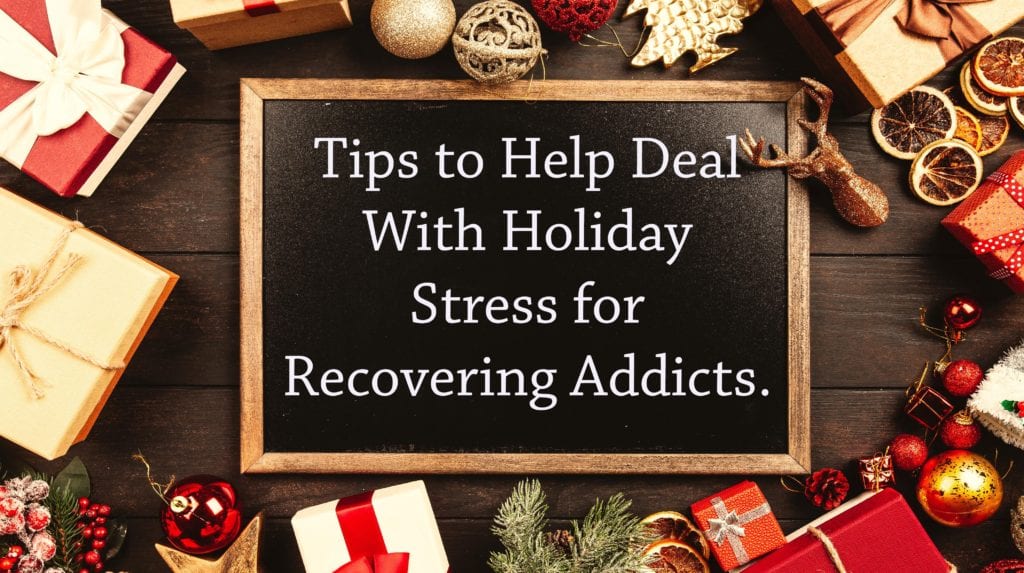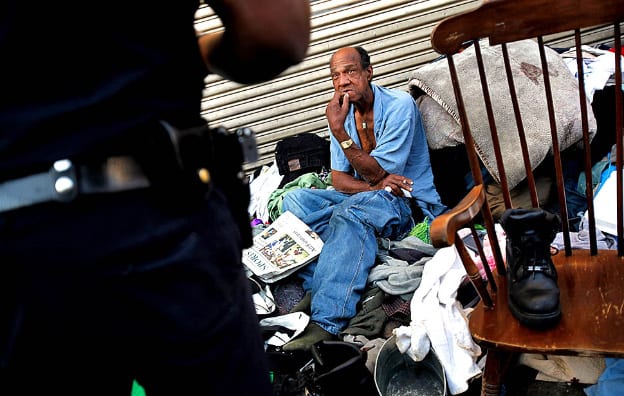Addiction, in and of itself, is a destructive disease. Watching someone lose their loved ones, their livelihoods, and even their lives to drugs is heartbreaking. Addiction may seem even more maddening when it affects entire communities at a higher rate. Researchers have that a higher percentage of Native Americans struggle with addiction, and still, few programs exist that address the unique needs of Native Americans. At 10 Acre Ranch, we acknowledge the impact of generational trauma and understand that you cannot separate your culture from your recovery. Our program includes sweat lodges and healing practices rooted in Native American wellness practices.
Substance Abuse Statistics Amongst the Native American Community
According to the National Survey on Drug Use and Health, Native Americans were more likely to report substance dependence or abuse than any other population group. Not only are Native Americans more likely to report substance abuse, but their substance abuse typically starts at a younger age. Researchers have found that Native American children report regular alcohol and drug use as early as 8th grade at a much higher rate than national averages. While there are many theories about the causes, it is clear that the roots of substance use among Native Americans can be found in history. Unfortunately, modern day history isn’t entirely accurate on how America was founded. Christopher Columbus is often painted as a hero and the colonization of the United States is glamorized. Knowing the history has not yet stemmed this disparity. Substance abuse contributes to earlier mortality, poverty, and other socioeconomic problems within the Native American community.
How Sweat Lodges Help Heal Addiction
By understanding the history of substance abuse in the Native American community, we can address the generational trauma and make culture an integral part of treatment. Western medicine is not congruent with Native American wellness practices. As a result, traditional treatment programs will likely be ineffective. Native American traditions take a more holistic approach to balancing the emotional, physical, mental, and spiritual parts of life. Treatment programs aimed at assisting Native Americans must incorporate this balance while utilizing evidence-based substance abuse treatment modalities. Sweat lodges offer healing by offering a way to return to traditional methods while ridding yourself of drugs and alcohol. Elements in a sweat lodge ceremony are communication with the spiritual realm, moral and/or physical purification, humbling oneself, and more. Each sweat lodge ceremony may differ slightly depending on the goal, tribal basis, and ceremony location. The sweat lodge ceremony and other traditional practices such as a talking circle, smudging, and cultural art therapy serve to bridge the gap between Western medicine and Native American wellness practices. By blending these practices, treatment professionals can provide you with the support that you need to heal and begin your recovery journey in a way that honors all of you. Addiction is a disease of mind, body, and spirit that can only be healed by addressing all three. Recovery without your culture is not recovery.
Benefits of Going to 10 Acre Ranch for Rehab
At 10 Acre Ranch, we’ve been providing Southern California with expert and caring addiction treatment for over 25 years. Our mission is to rebuild lives, restore families, and improve communities. As one of the leading rehab facilities in California, we have the proven methods to help you achieve a lifetime of sobriety. Our Sacred Grounds program was created to help our Native American and Alaskan Native brothers and sisters explore culturally informed strategies to examine substance abuse and start life in recovery. Committed to helping you break free from active addiction, we provide a warm and welcoming environment. Contact us today and let us help you with your addiction!














